Contents
HAP Summer Sale | 20% Off
HAP Summer Sale - Order any book now through September 16 and receive a 20% discount off the member and non-member price when you use the promo code SUMMER24 at checkout. This discount excludes any multi-book sets that are already discounted and the Board of Governors Exam flashcards.
Healthcare Leadership and Rural Communities: Challenges, Strategies, and Solutions
Timothy L. Putnam, DHA, FACHE Nikki King, DHA William Auxier, PhD
ISBN: 978-1-64055-375-0
Softbound,
150pp,
2023
Order Code: 2480I
ACHE Management
- Member Price: $19.60
- Non Member Price: $28.00
By Topic:
By Collection:
- New Release
Book Description
Instructor Resources: Additional case studies for classroom discussion.
Leaders of rural healthcare organizations confront unique challenges. Payment systems, power dynamics, labor availability, and accessible resources differ considerably between rural and urban areas.
Healthcare Leadership and Rural Communities: Challenges, Strategies, and Solutions outlines what it takes to manage care in a rural community and provides advice on overcoming the common challenges that healthcare executives confront. The authors provide candid insights gained from their experience as rural healthcare managers and their work with leaders in the field.
Published in collaboration with the National Rural Health Association, the book covers topics including the following:
- Measuring and managing rural care quality
- Developing strong relationships with physicians
- Managing communications and controlling the message
- Financing and funding rural healthcare
- Meeting demand for mental and behavioral health services
- Creating rural health clinics or federally qualified health centers
- Building trust with staff, patients, and the community
- Working with tertiary health systems
- Recruiting, retaining, and developing talent
- Working with community hospital boards
- Recognizing and addressing rural health inequity
- Responding to the rural healthcare crisis
All healthcare organizations are linked to their communities, but rural providers have particularly strong ties. This book emphasizes the need for collaboration to safeguard the futures of organizations and their communities.

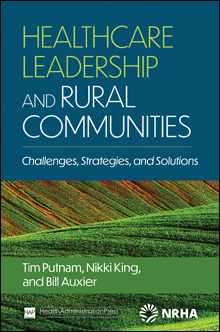


-b084e1dd.jpg?w=160)

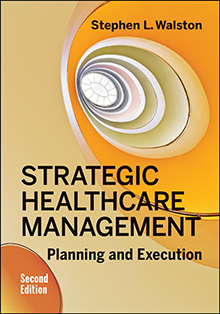
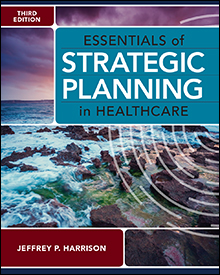

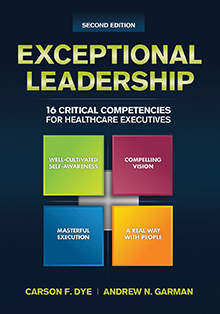

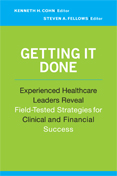

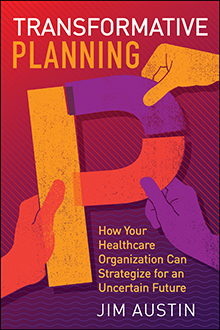
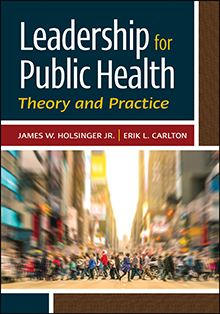
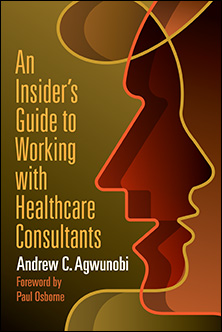
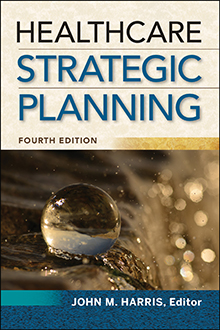


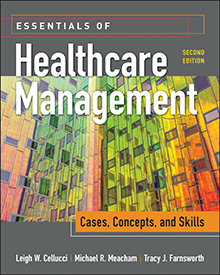
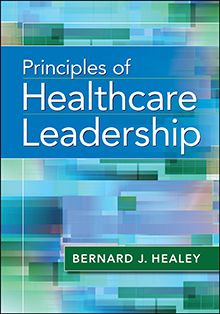
_ACHE-e64dead1.jpg?w=160)